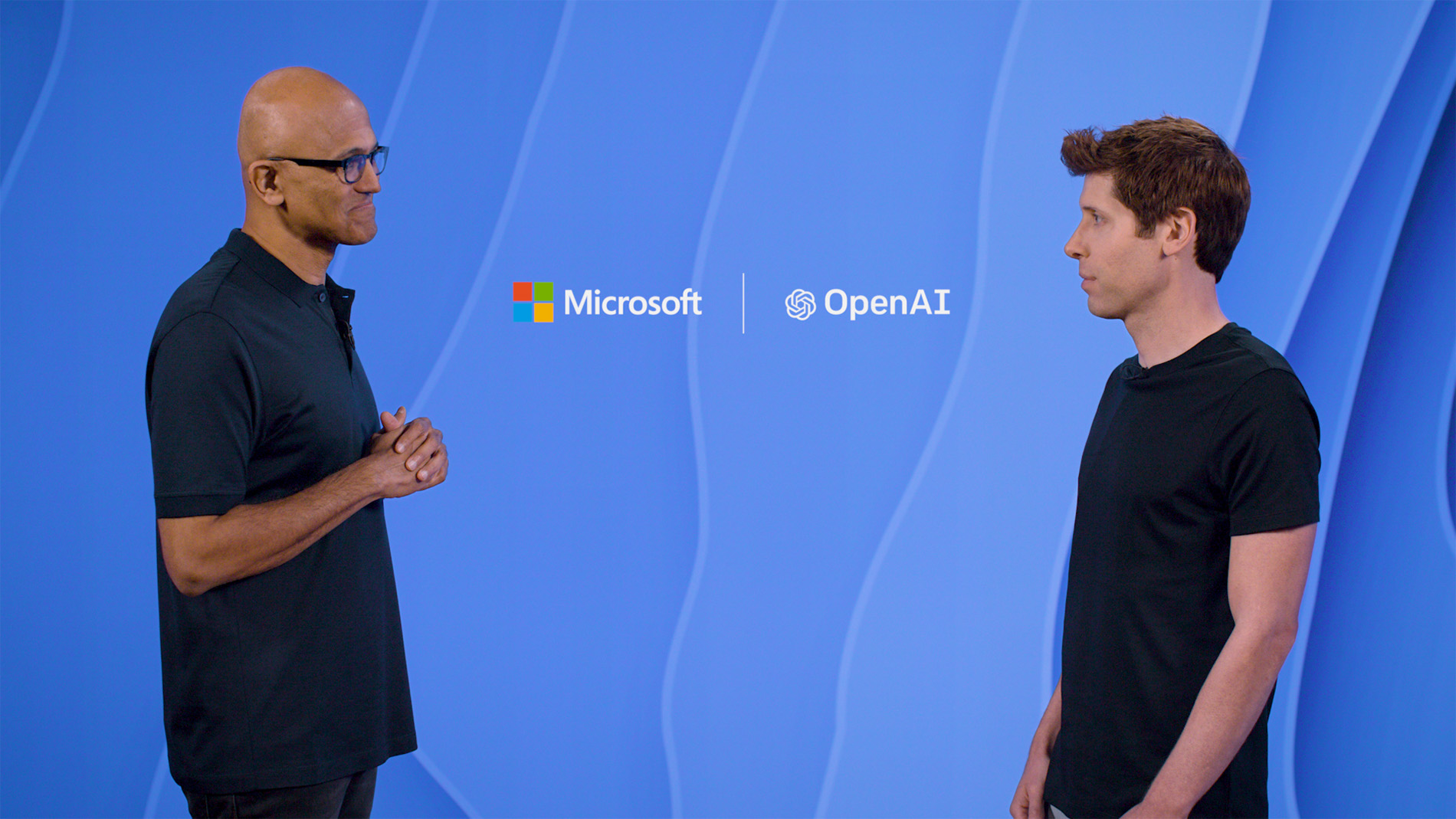

Microsoft and OpenAI have entered a new phase of their partnership, signing a definitive agreement that redefines their collaboration and ownership structure.
The agreement supports OpenAI’s move to form a public benefit corporation (PBC) and undergo recapitalisation. Following the change, Microsoft holds an investment in OpenAI Group PBC valued at around $135 billion, representing roughly 27% on an as-converted diluted basis, which includes all owners, employees, investors, and the OpenAI Foundation. Before the new funding rounds, Microsoft held a 32.5% stake in OpenAI’s for-profit entity.
In a statement, Microsoft said, “The agreement preserves key elements that have fueled this successful partnership”. The new terms maintain Microsoft’s role as OpenAI’s exclusive frontier model partner, with continued exclusive IP and Azure API rights until Artificial General Intelligence (AGI) is declared. However, several aspects of the relationship have evolved to give both companies greater independence.
A key change is that OpenAI’s declaration of AGI will now be verified by an independent expert panel. Microsoft’s IP rights for models and products are extended through 2032, and will include post-AGI models with defined safety measures.
Microsoft’s rights to research IP—covering confidential methods used in model and system development—will last until either AGI is verified or through 2030, whichever comes first. The rights exclude elements such as model architecture, weights, inference and finetuning code, and data centre IP. Microsoft’s IP rights also now exclude OpenAI’s consumer hardware.
The agreement introduces new flexibility. OpenAI can jointly develop some products with third parties. API-based products created with partners will remain exclusive to Azure, while non-API products can run on any cloud provider.
Microsoft can also independently pursue AGI, either on its own or with third parties. If it uses OpenAI’s IP before AGI is declared, its systems will be subject to compute thresholds that are “significantly larger than the size of systems used to train leading models today.”
The revenue-sharing arrangement between the companies will continue until the expert panel verifies AGI, with payments spread over a longer timeframe.
OpenAI has agreed to purchase an additional $250 billion worth of Azure services, but Microsoft will no longer have the right of first refusal to be OpenAI’s compute provider.
Additionally, OpenAI can now offer API access to US government national security customers on any cloud provider and release open-weight models that meet safety and capability criteria.
“Both companies are better positioned than ever to continue building products that meet real-world needs and create new opportunities for everyone,” Microsoft said in the announcement.
OpenAI Completes Recapitalisation
OpenAI has completed its recapitalisation, restructuring its corporate setup to keep its nonprofit at the centre of operations while expanding access to major financial resources.
The nonprofit entity, now called the OpenAI Foundation, retains control of the for-profit arm, OpenAI Group PBC, and holds equity currently valued at about $130 billion. This makes it one of the most well-funded philanthropic organisations globally.
“The OpenAI Foundation and OpenAI Group will work in concert to advance solutions to hard problems and opportunities posed by AI progress,” the company said in a statement. “This includes making intelligence a tool that everyone can benefit from, building safe and aligned systems, turbocharging scientific discovery, and strengthening global cooperation and resilience.”
The recapitalisation also grants the Foundation additional ownership as OpenAI’s valuation crosses certain milestones. The nonprofit said this alignment ensures that as OpenAI grows, its mission to ensure artificial general intelligence (AGI) benefits all of humanity remains central.
The Foundation will begin with a $25 billion commitment focused on two areas, which are health and AI resilience. It plans to fund open-sourced frontier health datasets, support scientific research, and develop technical infrastructure to strengthen AI systems’ security and reliability.
“Just as the internet required a comprehensive cybersecurity ecosystem…we now need a parallel resilience layer for AI,” OpenAI said. The company said this builds on its $50 million People-First AI Fund and recommendations from its Nonprofit Commission.
OpenAI, founded in 2015 as a nonprofit, established its for-profit arm in 2019 to raise capital while keeping its mission intact. With the new structure, the nonprofit retains control of the public benefit corporation, ensuring both mission and business goals move together.
“This recapitalisation maintains the strongest representation of mission-focused governance in the industry today,” OpenAI stated.
The process was completed after nearly a year of discussions with the Attorneys General of California and Delaware. “We made several changes as a result of those discussions and we believe OpenAI—and as a result, the public we serve—are better for them,” the company said.
OpenAI said the recapitalisation provides “a direct path to major resources before AGI arrives,” and enables the organisation to continue developing AI “in a way that reflects the world’s collective interests.”
The post Microsoft Deepens OpenAI Ties with $135 Billion Stake and Updated Agreement appeared first on Analytics India Magazine.


